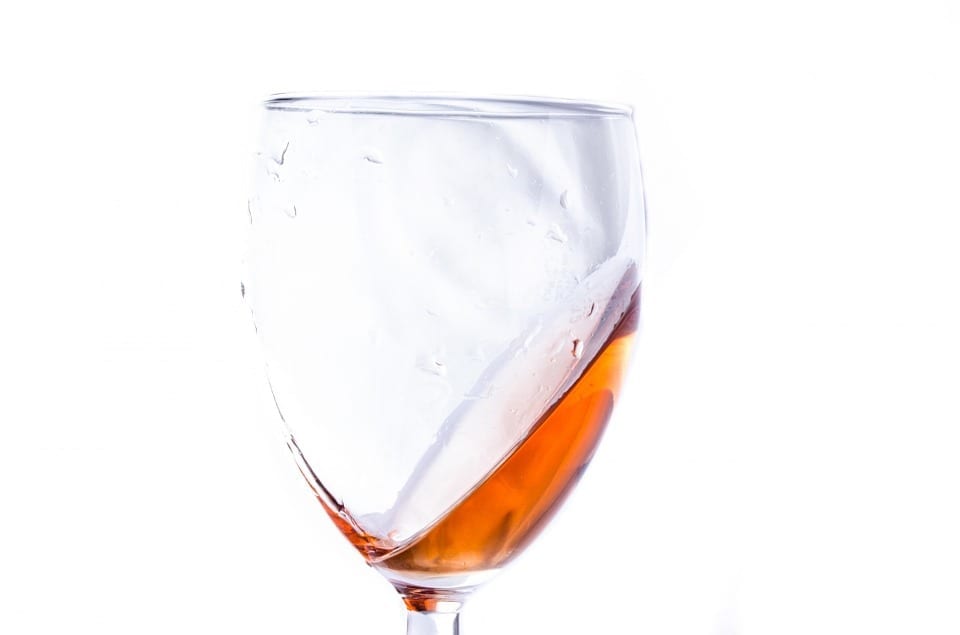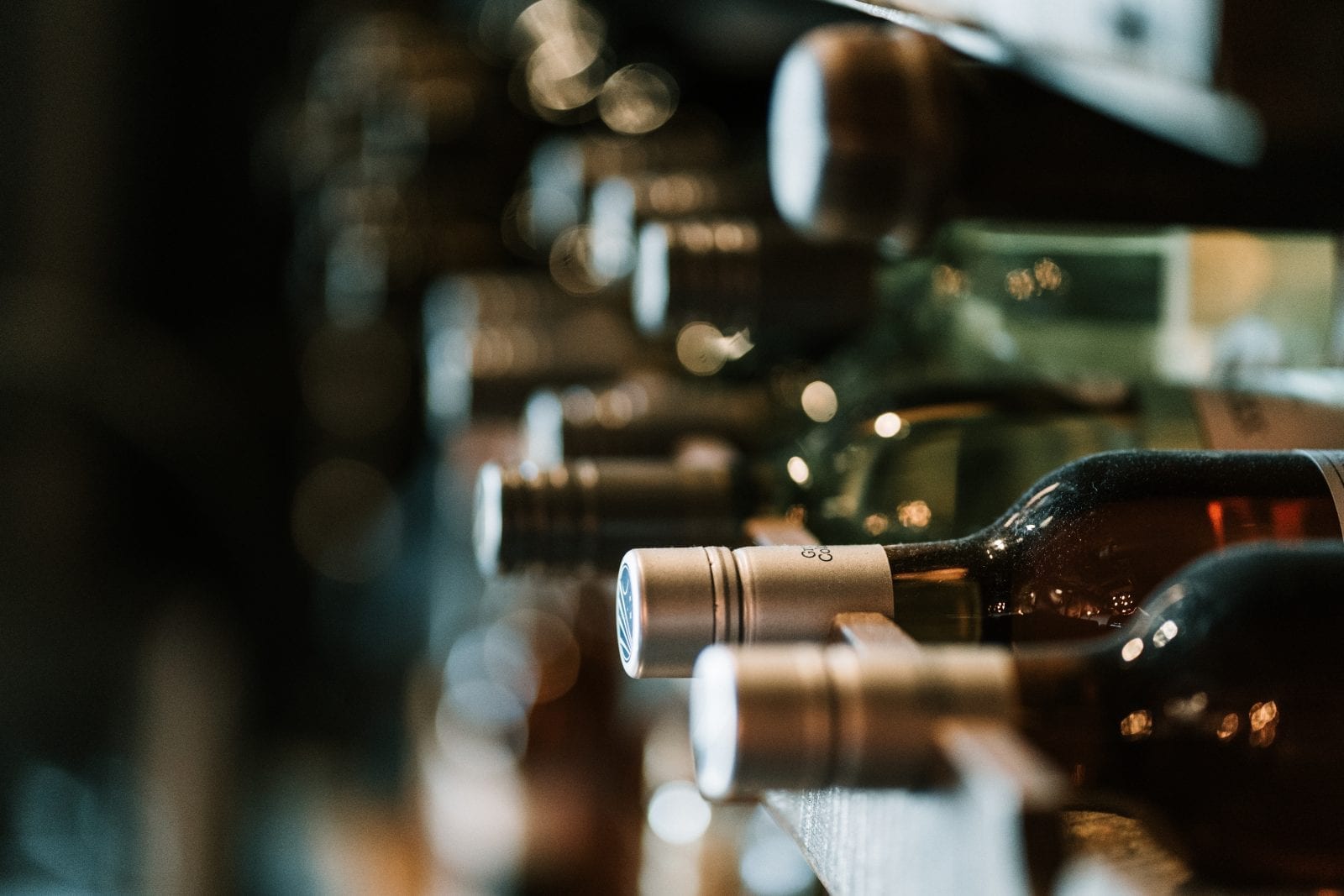 The basis of all life on our planet owns in some way owes, major or minor part of their existence to water,
The basis of all life on our planet owns in some way owes, major or minor part of their existence to water, The body consists of more than 75 trillion cells, each capable of growth, metabolism, response to stimuli, and reproduction. There are many different elements common to all cells, without water the body cannot function. Many people do not give their body the required amount of water to function at full capacity, and therefore, suffer undue stress(for example, headache, muscle stress, and dehydration which stop you reaching full potential in what you are doing at training because of the symptoms). A lot of bad vision, tiredness, and light headiness can be corrected by the right amount of water being consumed at the correct times. Too much water after a lot of work can produce the opposite effect to what the person is seeking. This is called Hypotonic Hydration (or water intoxication).
 The fluid in the body can account for up to 70 percent of body’s weight or as low as 45 percent, depending on the age, fitness level, body fat content, and sex. Fluids in the body are stored in three main areas. These are the intracellular fluid compartment (ICF), the extracellular fluid compartment (ECF), and the plasma (the fluid part of the blood). The ICF holds about 66 percent of the fluid in the body, the rest is in the ECF and plasma. The passage of fluids from one part of the body to other is controlled by the balance of minerals in the fluids, and also in the cells. This is referred to as the Electrolyte balance.
The fluid in the body can account for up to 70 percent of body’s weight or as low as 45 percent, depending on the age, fitness level, body fat content, and sex. Fluids in the body are stored in three main areas. These are the intracellular fluid compartment (ICF), the extracellular fluid compartment (ECF), and the plasma (the fluid part of the blood). The ICF holds about 66 percent of the fluid in the body, the rest is in the ECF and plasma. The passage of fluids from one part of the body to other is controlled by the balance of minerals in the fluids, and also in the cells. This is referred to as the Electrolyte balance.The Electrolyte balance in the body also refers to the amount of ions (contained in the minerals) in the body, some of these being positive, and some negative. The passing of ions from one fluid compartment to the other causes the movement of water. This process is called Osmosis. Osmosis in the cells of the body is conducted via the cells membrane. Water will pass though the cell membrane freely, however, it is the amount of ions in the different cellular compartments that controls how the water in the body is balanced. Thus, the more ions on one side of a membrane, the more the water will pass though to that side of the membrane. The rate at which the fluid can pass is depended on the amount of ions contained in the body fluid compartment. The minerals provide ions used for neuromuscular excitability, secretory activity and many other cellular activities. The main electrolytes in the body are sodium, potassium, calcium and magnesium. There are other minerals in the electrolyte balance but their role is not as major as the four listed above.
 The level of sodium in the body in maintained and regulated by the kidneys. The kidneys are the heart of the process centre for the distribution of water in the body. It is almost like a water purification system removing waste from the blood plasma and the ICF and ECF. Thewaste products are then made into urine. The kidney processes the entire amount of water in the body every hour. This is why a punch or kick to the kidneys can have such a unpleasanteffect on the body. A bruised kidney cannot function fully and
The level of sodium in the body in maintained and regulated by the kidneys. The kidneys are the heart of the process centre for the distribution of water in the body. It is almost like a water purification system removing waste from the blood plasma and the ICF and ECF. Thewaste products are then made into urine. The kidney processes the entire amount of water in the body every hour. This is why a punch or kick to the kidneys can have such a unpleasanteffect on the body. A bruised kidney cannot function fully and The average loss of fluid from the body is two to three litres a day. This can become as high as six to seven litres when undertaking exercise. The output of fluid from inside the body is from the lungs, skin, faeces and urine. After the loss of fluid increases to around two percent, the hypothalamus (the part of the brain that regulates the involuntary nervous system, the centre for emotional response and behaviour, body temperature, food intake, water balance and thirst, sleep-wake cycles, and the production and secretion of releasing hormones) gives the signal for the sensation of thirst. When the sodium level in the blood becomes high the receptors in the hypothalamus are stimulated ( dry throat feeling) and thirst messages are sent to the brain to initiate action to quench this thirst. The hypothalamus also sends a message to the kidneys to make the concentration of urine higher, thus reducing the fluid lost.





Be the first to comment on "Water and Your Body"